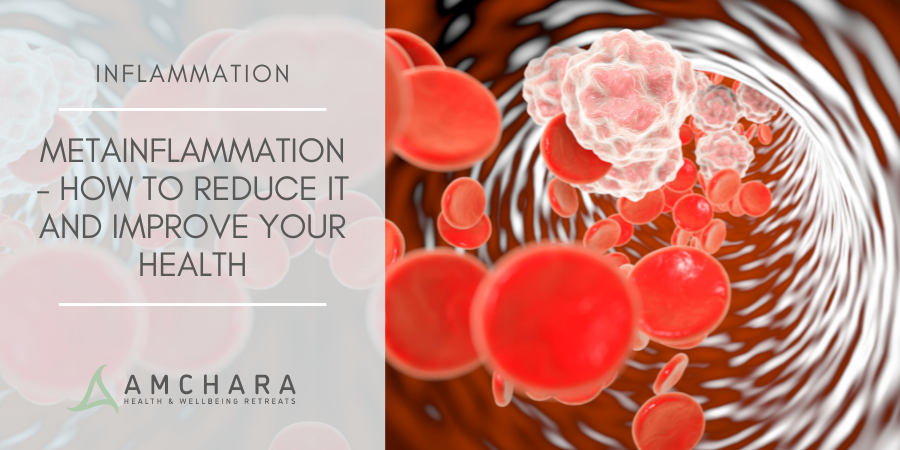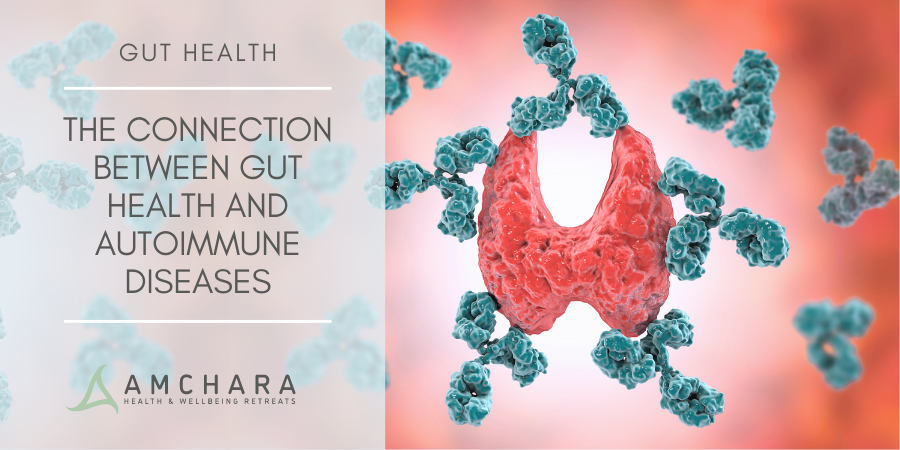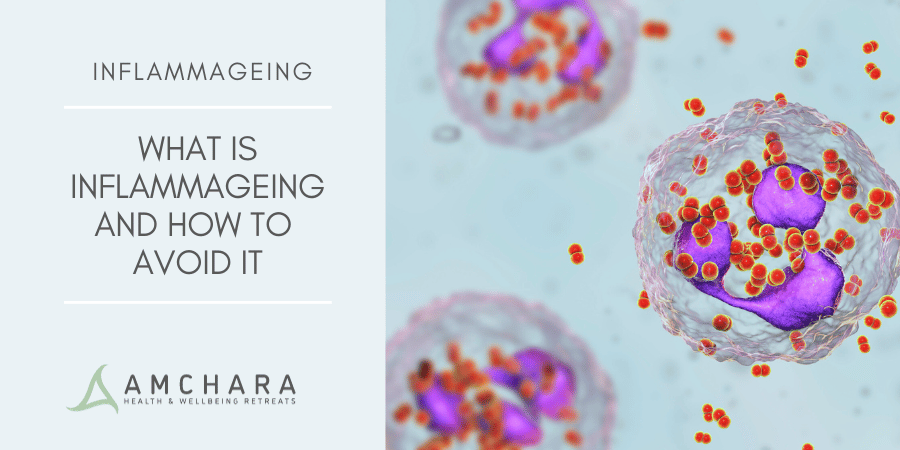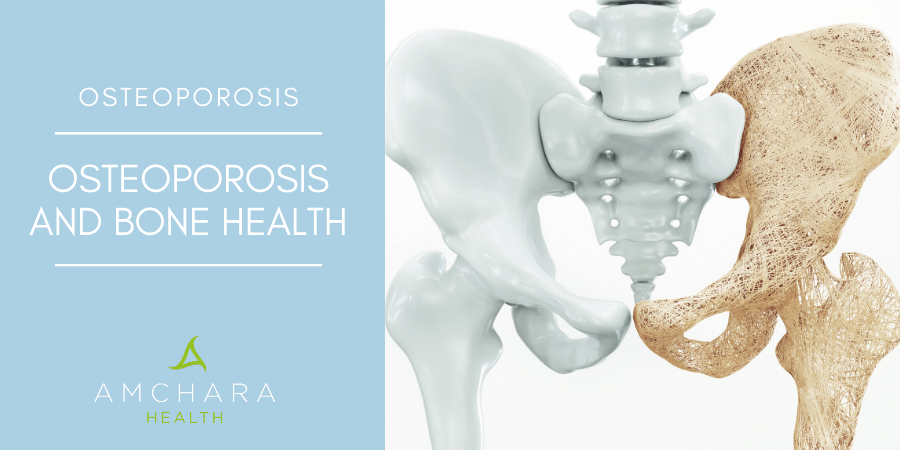Could increasing blood flow to the brain be the next therapy for Alzheimer’s?
New research points to a possible solution for mechanisms in the brain that alter blood flow and affect the progression of cognitive decline in patients with dementia.
We always take an evidence-based approach and in this article we will look into this new research as well as give you our top five natural choices to support brain health.
The Global Impact of Alzheimer’s Disease
According to Alzheimer’s Disease International, approximately 46.8 million people worldwide were living with dementia in 2015 – this number is thought to have increased to around 50 million people in 2017.
It is estimated that this is likely to almost double every 20 years, reaching a staggering 131.5 million in 2050. (1)
The worldwide costs of dementia in terms of health and social care is rising, so it is vital that researchers can identify new information about the progression of the disease in order for medical professionals to introduce earlier interventions and more effective treatment.
Scientists have known for decades that reduced blood flow to the brain is a characteristic feature of Alzheimer’s disease.
However, how it happens and what the consequences are is poorly understood.
Reduced cerebral blood flow is common amongst Alzheimer’s patients and is thought to play a role in impaired cognitive function.
Several reasons have been proposed for reduced cerebral blood flow in the brains of Alzheimer’s patients, including a reduced network of blood vessels as well as constriction of the blood vessels, but scientists are not entirely sure why it occurs. (2)
Recent Developments in Research
Getting to the bottom of the mechanisms behind decreased blood flow to the brain could make it possible to trial new therapies for dementia.
After a culmination of ten years of study, a paper has recently been published in Nature Neuroscience, which offers an explanation for the mechanisms behind the significant cerebral blood loss in those with Alzheimer’s. (3)
The study, led by Chris Schaffer at Cornell University New York, used mouse models of Alzheimer’s disease and discovered that neutrophils (white blood cells) had stuck to parts of the tiny blood vessels in the brains of the mice, which stalled the blood flow.
Even though only a small percentage of capillaries was affected, their interconnectedness with other vessels meant that blockages still had a significant impact on overall cerebral blood flow, reducing it by as much as 30%.
By administering antibodies against the neutrophil markers, the researchers were able to block the cellular mechanism that caused the stall in blood flow.
This produced an immediate increase in blood supply to the brain and a rapid improvement in cognitive function, notably spatial awareness and short-term memory function.
What Causes Neutrophils to Get Stuck in the Capillaries?
Authors of the study suspect that inflammation in the brain and its vasculature makes the blood vessels become stickier.
Administering the antibodies somehow alters the shape of the neutrophils, interfering with their adhesion to blood vessel walls and allowing them to slide more easily through.
Recent evidence suggests that deficits in blood supply to the brain are one of the earliest detectable symptoms of dementia.
The hope is that if the same capillary blocking mechanism that is happening in mice with dementia translates to humans, it could provide an opportunity to find a drug or therapy to treat dementia, giving new hope to the millions of patients with Alzheimer’s disease.
Are There Any Natural Remedies?
Based on this research there are already approximately 20 drugs that are being trialled on Alzheimer’s mice as potential dementia therapies for human use.
But it could be years before these drugs are approved and generally available as treatments.
In the meantime, it’s never too early to start working on your brain health.
There are a range of wonderful natural remedies worth trying if you’d like to improve the blood flow to your brain, reduce inflammation and reduce the stickiness of blood vessel walls.
Here are our top five choices:
1. Ginkgo Biloba
This herb is believed to help boost blood flow to the brain and may aid memory and mental functioning.
A small study conducted in 2011, over four weeks, found that twice daily doses of 60mg Ginkgo biloba produced a significant increase in cerebral blood flow in elderly human subjects. (5)
2. Periwinkle
According to research, extracts from the periwinkle plant may increase blood flow to the brain, enhance cognitive function and work as a brain-protecting antioxidant. (4) These beneficial effects are thought to be due to the active compound vinpocetine.
3. Horse Chestnut Seed Extract
Horse chestnut seeds contain an active compound called aescin that has been reported to promote blood vessel health by strengthening the walls of the veins and inhibiting blood flow restrictions. It is also thought to prevent inflammation within the veins. (6)
4. Omega-3 Essential Fatty Acids
Omega-3 fatty acids have anti-inflammatory effects and are a vital component of the brain itself. Good sources of omega-3 fatty acids include:
- Oily fish such as salmon, sardines and mackerel
- Walnuts
- Flaxseeds
5. Antioxidants
Damage to blood vessel walls is thought to be increased by inflammation and free radicals. The best way to counter this is to maintain a good supply of antioxidants in your diet.
Vitamin C is particularly helpful, not just because of its powerful antioxidant properties, but also because it contributes to normal collagen formation which is involved in maintaining the normal function of blood vessels.
Fresh fruit and vegetables are ideal sources of a range of antioxidants.
If you’d like further nutritional advice about keeping your brain healthy why not take advantage of a complimentary consultation with one of our Amchara Health Practitioners.
READ THIS NEXT:




